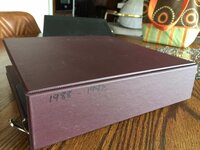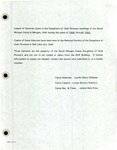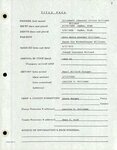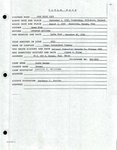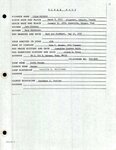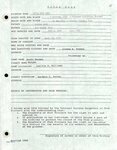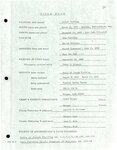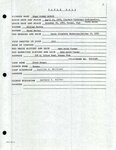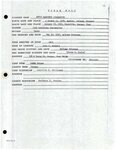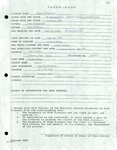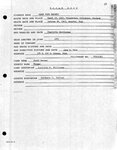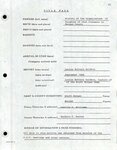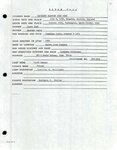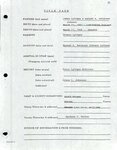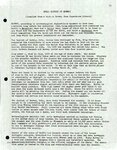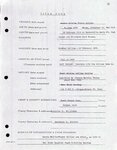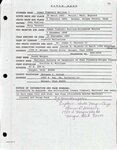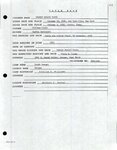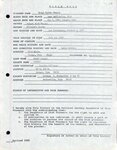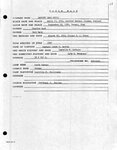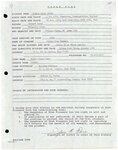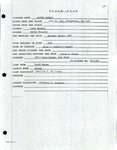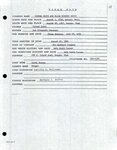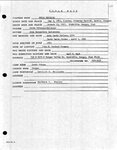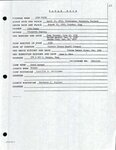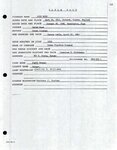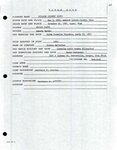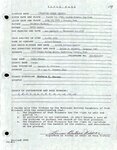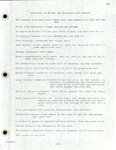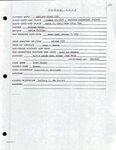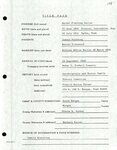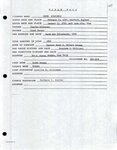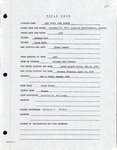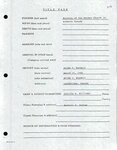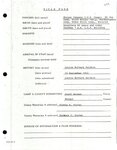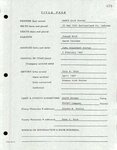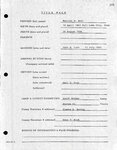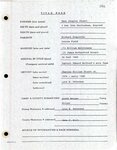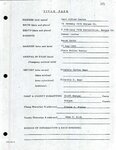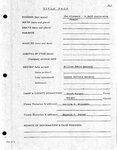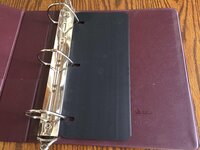| Title |
016_Pioneer Histories Compiled by South Morgan Camp (DUP Book 13) |
| Creator |
Williams, Lucille Olson |
| Contributors |
Daughters of Utah Pioneers, Morgan County |
| Description |
In the early part of the 1900s Daughters of Utah Pioneers historians interviewed pioneers and their children and wrote or gathered the histories. |
| Biographical/Historical Note |
Histories that were given between 1988-1992. Yearly summaries of South Morgan Camp History. |
| Subject |
Morgan County (Utah)--History; Mormon pioneers; Mormons--Utah |
| Digital Publisher |
Stewart Library, Weber State University, Ogden, Utah, USA |
| Date Original |
1988; 1989; 1990; 1991; 1992 |
| Date |
1988; 1989; 1990; 1991; 1992 |
| Date Digital |
2017 |
| Temporal Coverage |
1840; 1841; 1842; 1843; 1844; 1845; 1846; 1847; 1848; 1849; 1850; 1851; 1852; 1853; 1854; 1855; 1856; 1857; 1858; 1859; 1860; 1861; 1862; 1863; 1864; 1865; 1866; 1867; 1868; 1869; 1870; 1871; 1872; 1873; 1874; 1875; 1876; 1877; 1878; 1879; 1880; 1881; 1882; 1883; 1884; 1885; 1886; 1887; 1888; 1889; 1890; 1891; 1892; 1893; 1894; 1895; 1896; 1897; 1898; 1899; 1900 |
| Item Size |
10.5x11.75 inches |
| Medium |
histories |
| Item Description |
3-ring binder. This book contains 39 typewritten pioneer histories and documents on 269 pages. |
| Spatial Coverage |
Morgan County, Utah, United States, http://sws.geonames.org/5778525/ |
| Type |
Text |
| Conversion Specifications |
JPG images were scanned with a Kodak PS50 scanner. Transcription using ABBYY Fine Reader. PDF files were created for general use. |
| Language |
eng |
| Rights |
Materials may be used for non-profit and educational purposes; please credit Morgan County Daughters of Utah Pioneers, Morgan, Utah. |
| Source |
Daughters of Utah Pioneers, Morgan County |
| Format |
application/pdf |
| ARK |
ark:/87278/s6298ksg |
| Setname |
wsu_mdupc |
| ID |
47863 |
| Reference URL |
https://digital.weber.edu/ark:/87278/s6298ksg |

